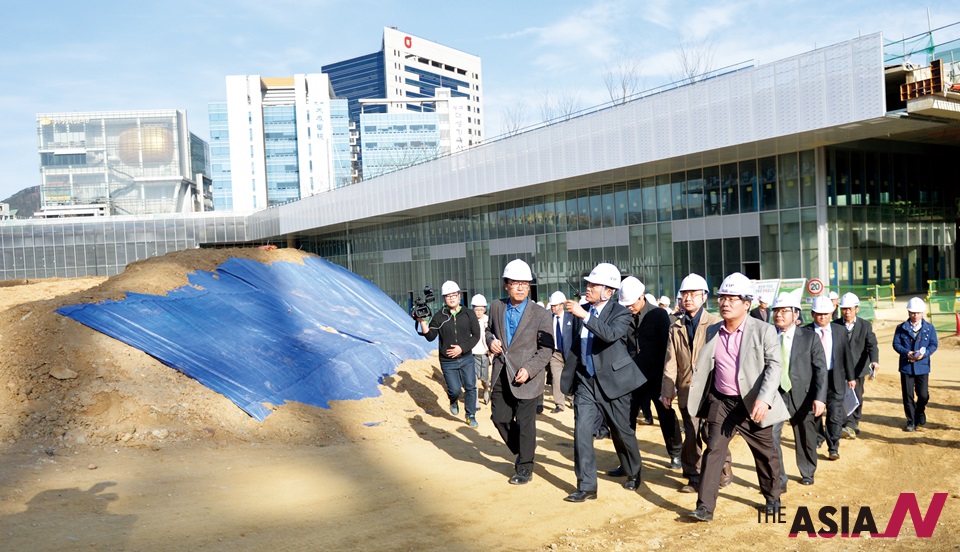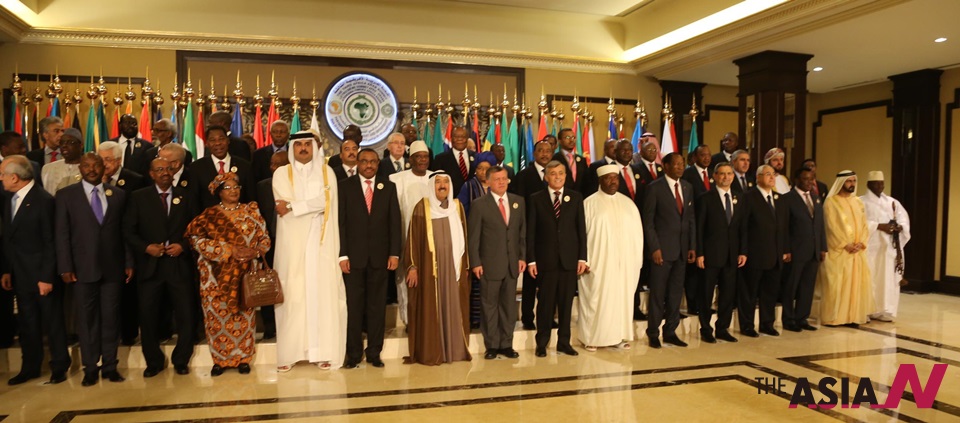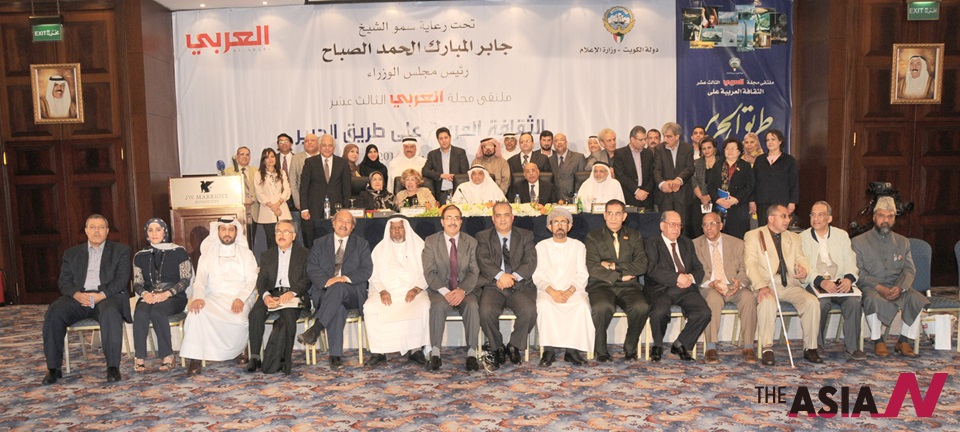
Our culture, our global citizenship

There is a strong belief that culture is becoming an overwhelming global citizenship. Some of us are connected with others under the sky of religions, or gathered in the tent of languages, or collected below the tree of races, or even corresponded with the shadow of political loyalties. Only culture can cross those dividing layers to unite us as human beings.
Today, the image of Korea is no longer of a country that is only known to produce cars, sell home appliances, and develop electronic devices. But, thanks to the waves of the “Hallyu” river, Koreans are communicating with the world via floods of K-pop songs, translated TV serials and Korean literature in different world tongues.
The case is not only relevant to Korea alone, it is a phenomenal wave to be easily seen when we realize the awareness of the new Asia. The same could be told of India, China, Japan and many other countries. More cultural names of this continent are globally re-produced to show the new face of a land that suffered a lot by wars, occupation, and disasters.
In the 21st century, Asia got its chance to unveil those poor masks for the sake of a brighter future. It is also time to show its real core of peace, its heritage of civilization and its virtues of principles. It is time to re-teach the world some of its eternal wisdom and express a lot of its cultural aspects.
That concept was my gate to visit the Asian Culture Complex(ACC) many times, virtually. I read every note written on its website and fell in love with the concept of addressing the world culturally. As I began by saying, “There is a strong belief that culture is becoming the overwhelming global citizenship,” I would like to add that Asia has the essential factors to lead that path.
The design of ACC has succeeded in capturing a sense of Korean life both in local architecture and accurate planning of the contents. As the relationship generated between visitors and ACC should be considered a lifelong one, let us think of what can connect those visitors and ACC forever.
An Asian Cultural Map could be one of the ideas: giving visitors a huge map (100cm x 70cm) of the continent decorated with cultural heritage of Asia recognized as World Heritage by UNESCO, spotted in the famous cultural places and supplied with the contact information needed. Korean global corporations could be requested to supply such a map (or a booklet, CD, or any media material) with their products sold in Asian and world countries. In that way, buyers of smart phones, laptops, home electronics and cars could easily get a common knowledge of Asian Culture.
Also, world visitors will certainly like to see some of their local cultural pieces in this rich location. So, why not publish Asian poems in many languages by engraving their lines on tree roots like the wooden signs hanged on trees along the roads of Mt. Mudeung?
The voices of Asian cultures should be heard more and more. As an individual, I tried to do my homework. I got the chance to translate and publish two books written by very famous figures of Korean literature: the poets Ko Un and Cho O-Hyun, in Arabic for the first time. But, I believe that such individual efforts are not enough; so I suggest that the ACC should launch a mission of translating and publishing Korean literature periodically. I am ready to assist such a project in its Arabic version.
Why not an ‘Asian Cultural Map’?
The world is changing. The hidden treasures are becoming open to the eyes of the world and the small buds are growing to be bright flowers.
I could bring the Kuwaiti example to show how much the world of culture has changed. The last two years witnessed the winning of two Kuwaiti figures of two important global prizes; the first when Souad Al-Sabah was given the Manhae prize for literature last year, and the second when Saud Al-Sanoussi was awarded the International Prize for Arabic fiction.
Both Dr. Al-Sabah and Mr. Al-Sanoussi belong to two different generations, two types of writings, but they reflect one idea: that the tiny State of Kuwait is no longer just a country of oil alone, but also a land of culture as well.
The cultural change in Kuwait had two contradicting faces. Kuwait was the realm of creativity in the late sixties and the whole seventies of the 20th century. It was a magnet that attracted top intellectuals from the Arab world to work and contribute to its enlightenment movement.
But, the eighties of Islamic radical thought and the nineties of the reaction against the Arab invasion by Iraq troops, together sent the country back. Kuwait’s mission in the 20th and 21st centuries was to get the country back on the path of reviving culture.

Besides the two names mentioned above, we could easily mention Ismail Fahd Ismail, Laila al-Othman, Basma al-Enezi, Fatima Yousis al-Ali, Hooda Shawa, Fawziya Shuwaish al-Salem, Yousef Khalifa (novelists, short story writers), and Thoraya al-Baqsami, Ghada Kandary (artists), among many other names. Among these are names who received awards by local and international authorities as well.
If we consider all that happened in a country that got its independence only some 50 years ago, we can realize how culturally rich the Asian continent is.









